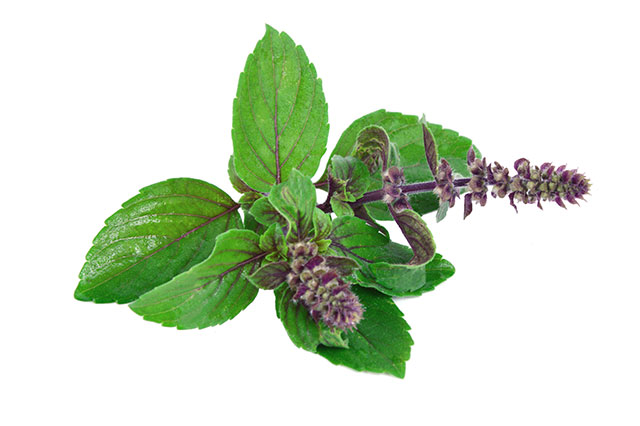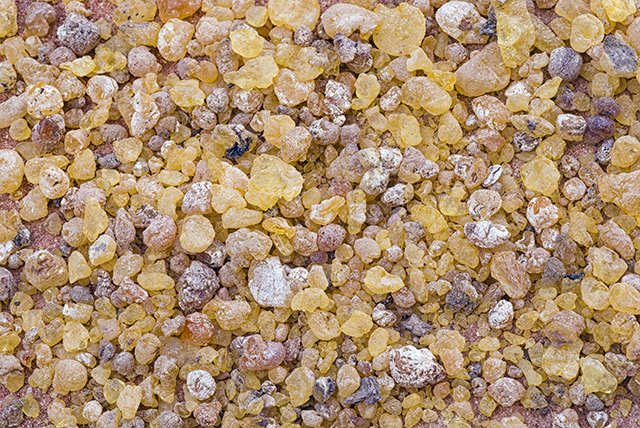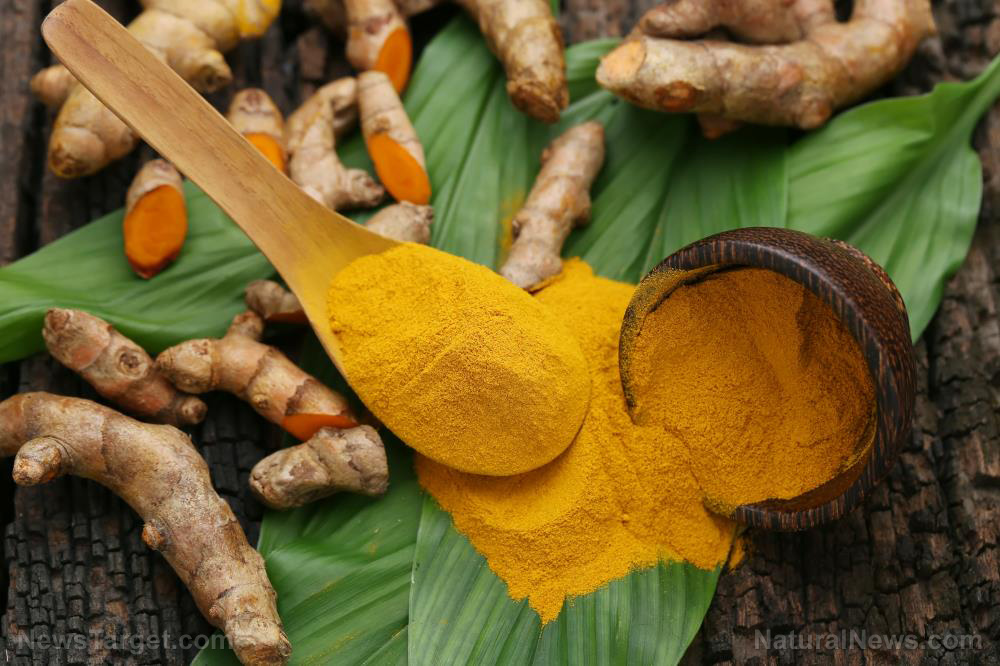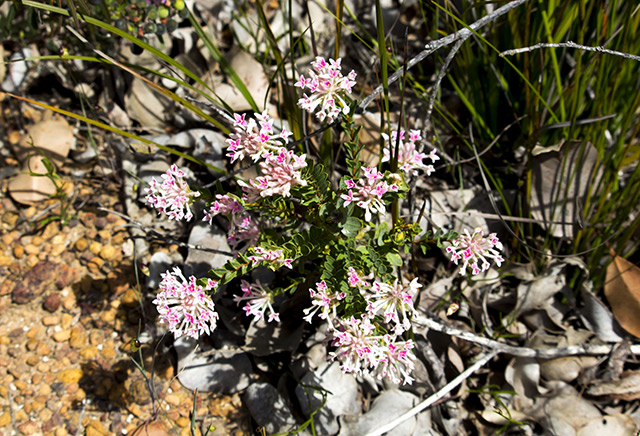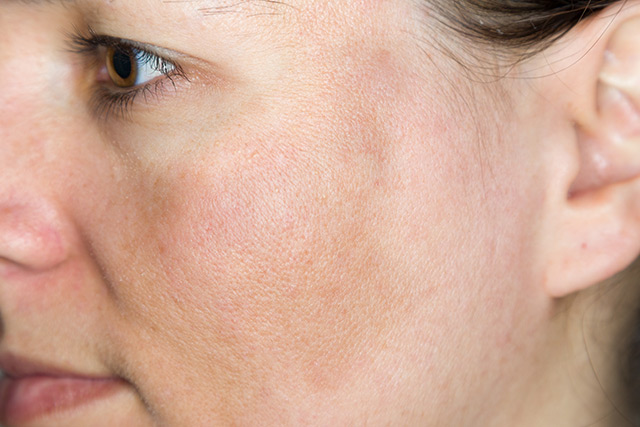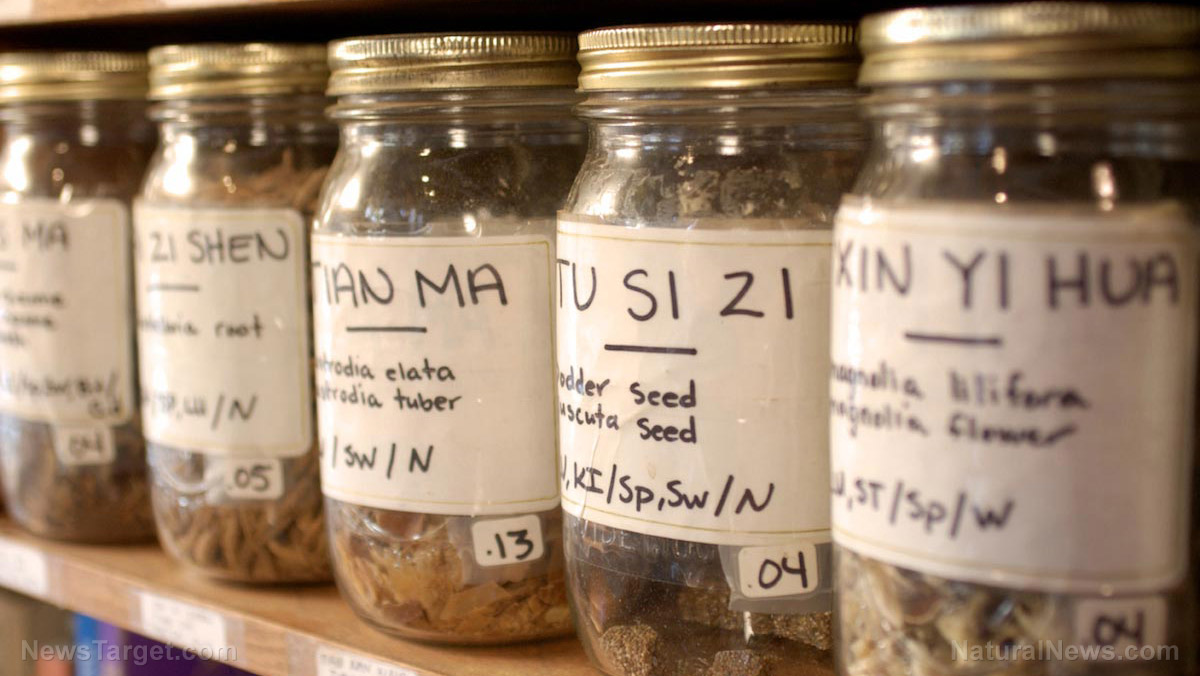Groundbreaking study looks at the regenerative potential of vitamin C for hormone health and cancer prevention
10/30/2018 / By Tracey Watson

When we think of vitamin C we probably think of citrus fruits, winter and preventing the flu. However, this powerhouse nutrient is so much more than an immune booster – albeit a powerful one. A groundbreaking but undervalued study published over two decades ago in the peer-reviewed journal Radiation Physics and Chemistry, found that vitamin C can provide amazing hormone balancing benefits and could potentially even prevent cancer. Unsurprisingly, the Big Pharma-led mainstream media and medical establishment have chosen for the most part to ignore the study’s findings.
Green Med Info’s Sayer Ji recently commented on that vital study, explaining that the Austrian researchers set out to explore the role that vitamin C could play in preventing steroid hormones like progesterone, estrone (a form of estrogen) and testosterone from degrading and becoming toxic, cancer-causing metabolites called “hormone transients.”
They found that vitamin C could facilitate almost total estrone regeneration, along with 52.7 percent regeneration of progesterone and 58.6 percent regeneration of testosterone.
This has profound implications for the use of vitamin C as an alternative to cancer-causing hormone replacement therapy in middle-aged women. And, since vitamin C also reduces the formation of carcinogenic hormone-transients, it is a potentially vital component of cancer prevention.
The link between hormones and cancer
Sayer Ji explains that when steroid hormones are exposed to environmental and other factors like high temperature, pH and UV light, they change, losing electrons and becoming toxic hormone transients. That’s where vitamin C comes in, since it is a “reducing agent,” which means it has the ability to donate electrons to other compounds. When vitamin C donates electrons to steroid hormones it regenerates them and at the same time acts as an antioxidant, neutralizing cancer-causing free radicals.
The study abstract explains the methodology employed by the researchers:
Investigations were performed using progesterone (PRG), testosterone (TES) and estrone (E1) as representatives of hormones. By irradiation with monochromatic UV light (?=254 nm) in a media of 40% water and 60% ethanol, the degradation as well as the regeneration of the hormones was studied with each hormone individually and in the mixture with VitC as a function of the absorbed UV dose, using HPLC. Calculated from the obtained initial yields, the determined regeneration of PRG amounted to 52.7%, for TES to 58.6% and for E1 to 90.9%.
What conclusions did the research team reach?
Firstly, that the electron emission process can successfully be regenerated by electron donation from a potent donor like vitamin C.
Secondly, with regard to cancer prevention, they noted:
The regeneration of hormones by electron transfer process using a potent electron donor, such as VitC, might offer a new pathway for an efficient reduction in the formation of metabolites, also such initiating cancer among others.
And, with regard to hormone replacement therapy (HRT), they added:
The reported results concerning the ability of VitC to act as electron donor in the regeneration of hormone transients might also be of benefit in the clinical application of hormones (e.g. contraceptive, HRT).
Other reasons to supplement with vitamin C
A study published back in 2007 indicated that most Americans are deficient in vitamin C, and that supplementing with very large, therapeutic dosages of this nutrient could prevent chronic diseases like cardiovascular disease and cancer.
In addition, as previously reported by Natural News, vitamin C deficiency is associated with a host of health problems, including joint pain, muscle weakness, fatigue, bleeding gums and much more. Writing for Natural News, Jonathan Landsman made the astounding claim that “there is not a known virus that can survive in the presence of this essential antioxidant.”
There are therefore really good reasons to increase consumption of fruits and veggies that are high in vitamin C, as well as to consider supplementation with a trusted, clean source of this amazing gift from nature. Learn more at Nutrients.news.
Sources include:
Tagged Under: antioxidant, cancer, electron donation, hormone regeneration, hormone replacement therapy, hormone transients, hormones, HRT, longevity, nutrients, prevention, supplements, vitamin C, women's health

